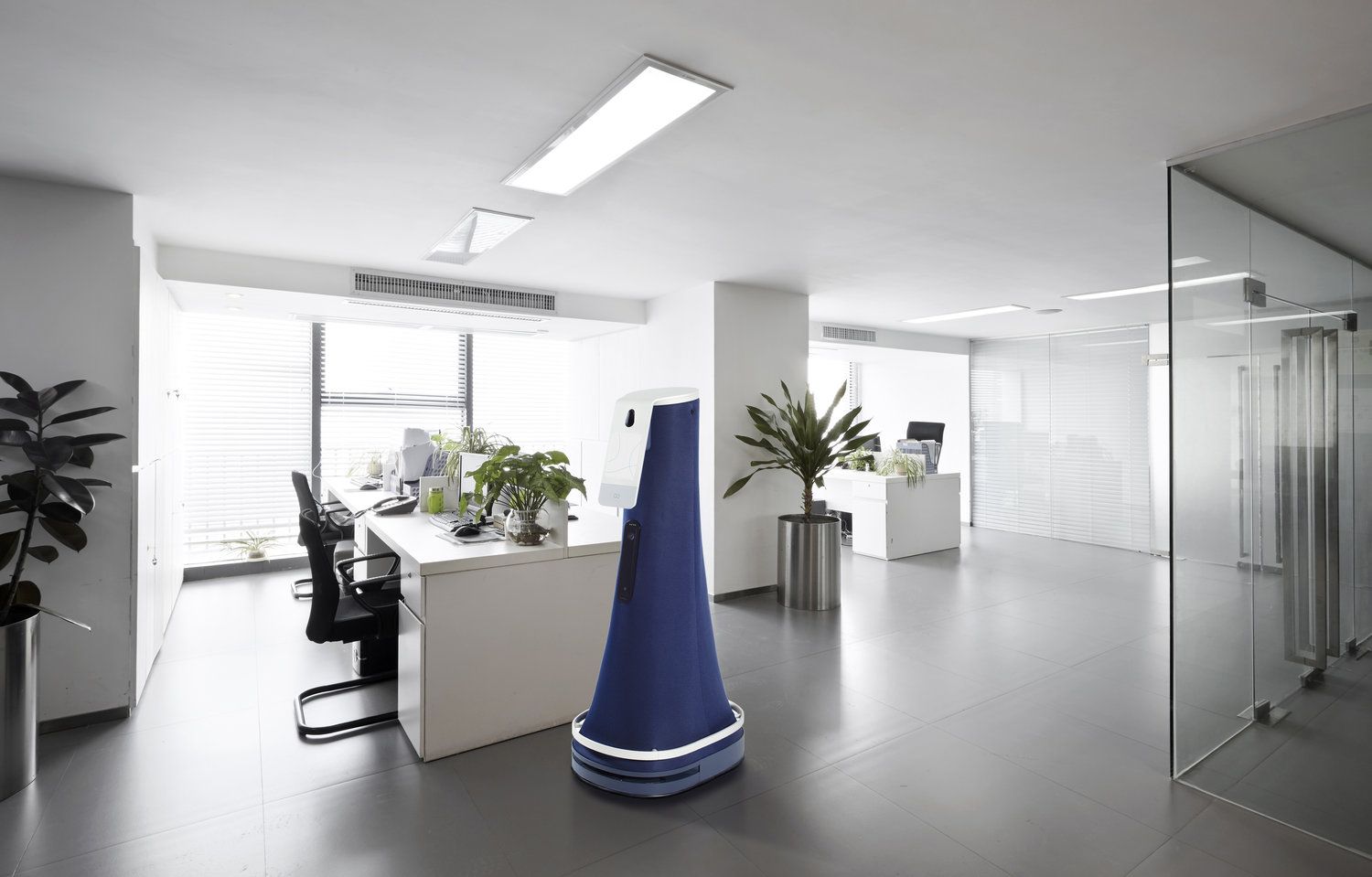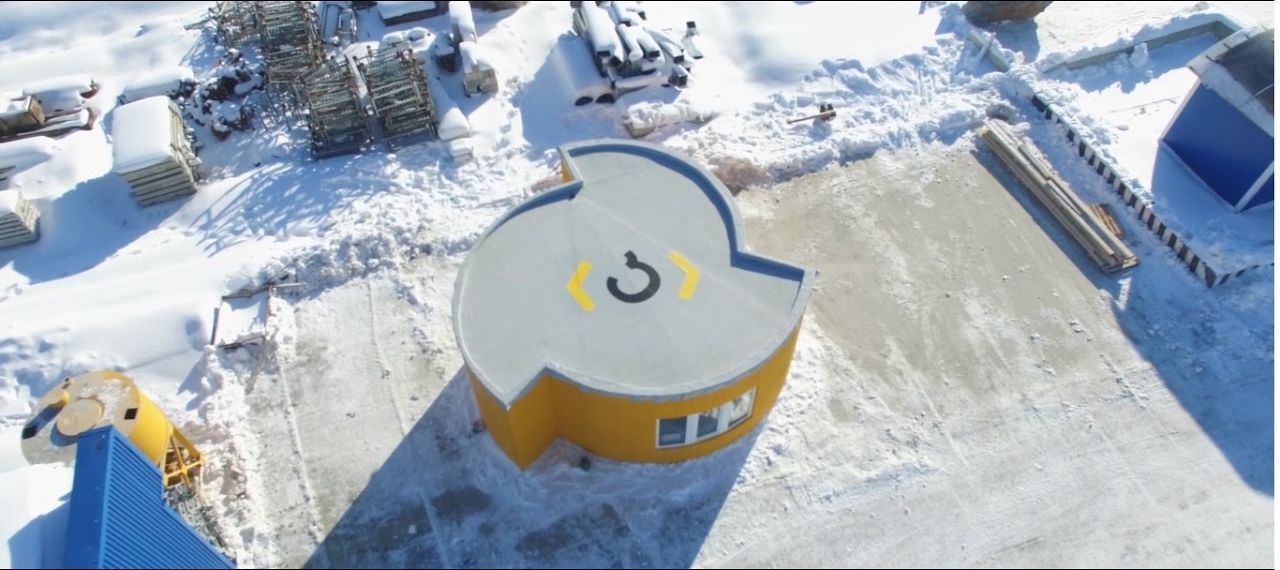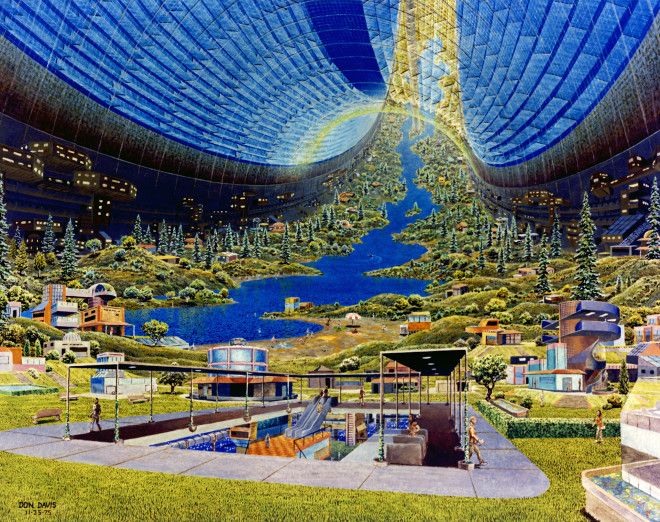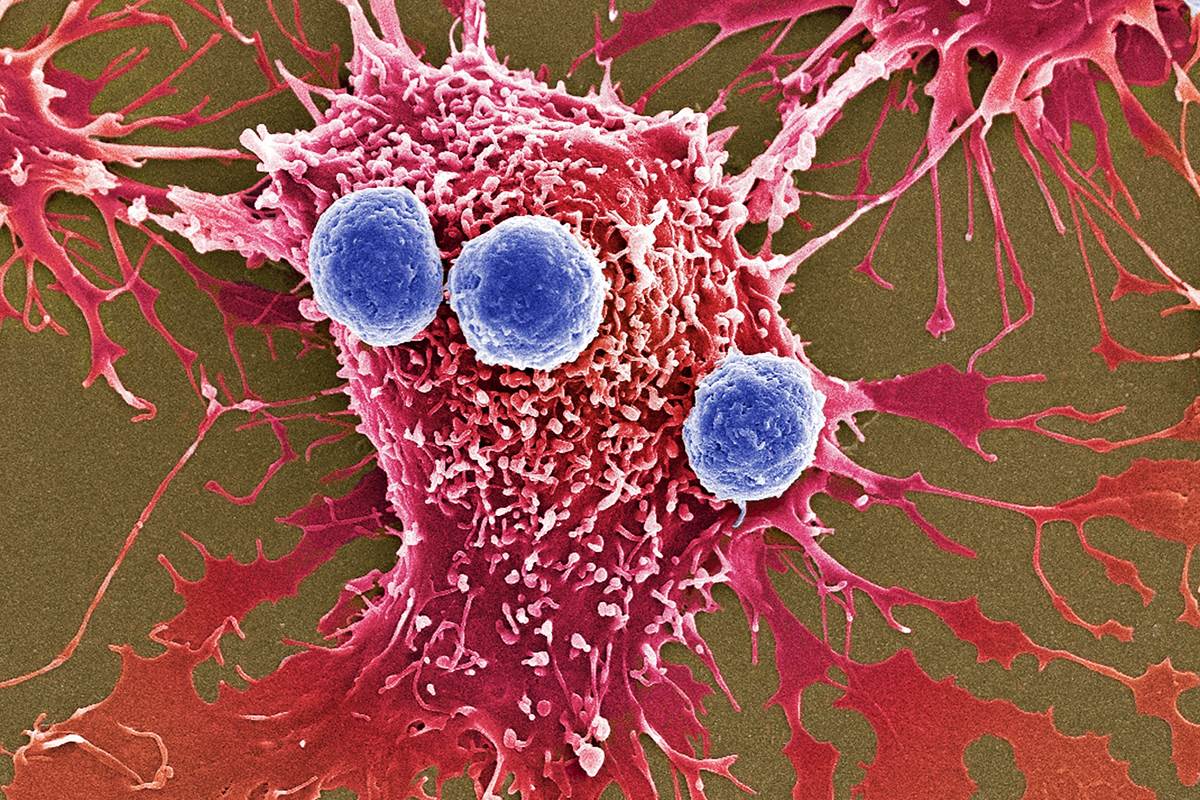Mar 2, 2017
Indoor security robot reads badges, flags open doors and more
Posted by Saúl Morales Rodriguéz in categories: information science, robotics/AI, security
(Tech Xplore)—Can you picture indoor security robots strolling around your workplace tomorrow? You might balk at the idea of militaristic rolling machines making people feel uncomfortable as they hunt for thieves and blunderers. Well Cobalt Robotics has come up with a different kind of indoor security robot.
The robots made news this week when IEEE Spectrum posted a video on Wednesday to show what they look like and what they do.
These are mobile robots designed to work alongside human guards. “Cobalt’s robots gather data using sensors like cameras and lidar, and process the information using machine-learning algorithms to detect and flag anomalies,” said IEEE Spectrum.
Continue reading “Indoor security robot reads badges, flags open doors and more” »

















